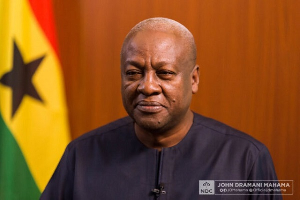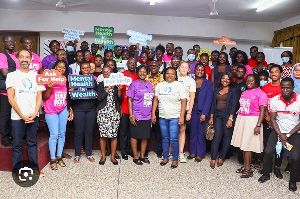A Senior Director in charge of Emerging Market Economies at Fitch, Toby Iles, has projected that a possible domestic debt restructuring is likely to happen despite the successful completion of the first one.
According to him, there is still a long way to go regarding the restructuring of its debts in order to reach sustainable debt levels.
Ghana is seeking to restructure over $10.5 billion owed to external creditors.
It is, however, yet to know what debt relief the external creditors will give after the institution of a creditor committee last month.
Speaking on key credit stories of African Sovereigns and Banks, Senior Director in charge of Emerging Market Economies at Fitch, Toby Iles, said, that even though the initial debt did not include all domestic bondholders, there is a possibility of another round of restructuring to be done.
“The domestic debt exchange in some way has been completed but there could still be more to come. In terms of the impact of that before moving to the external side [debt], this has clearly helped Ghana in terms of liquidity. So, the interest due is much lower and the principal repayment will also be much lower in the near term. I think we are estimating that in 2023, this means 5% of GDP less in debt service interest in principle. So that’s quite meaningful,” he was quoted by myjoyonline.com.
Iles also intimated creditors have taken a long time in deciding what restructuring options to give to Ghana.
“We haven’t had the official creditor committee meeting, so we still quite have a long way to go. Maybe the historic track record on the common framework is moving slowly…that is not great, maybe Ghana can be a bit different.
“And there’s still quite a lot of work to do. And especially as mentioned, there may still be a lot happening on the domestic debt front,” he said.
He further added that despite the improvement in Ghana’s liquidity, this has not been enough to address all the issues.
“Though liquidity has improved, it doesn’t really address Ghana’s solvency issues. And so come three or four years from now, when coupon rates pick up again, repayment pick up again, the problem start again. That’s why there are these negotiations remaining with Eurobond holders which must be completed,” he said.
Watch the latest edition of BizTech and Biz Headlines below:
SSD/FNOQ
Business News of Tuesday, 13 June 2023
Source: www.ghanaweb.com

















